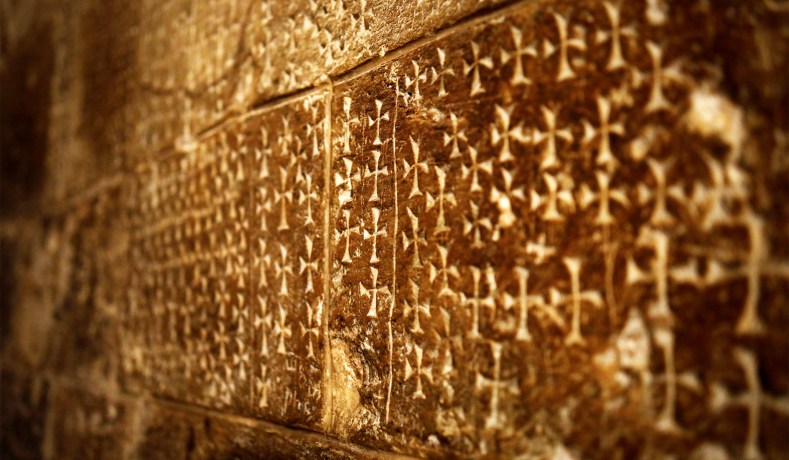
In the first edition of Kevin Williamson’s new newsletter, The Tuesday (for which you can — and should — sign up here), he writes:
Today is Mardi Gras, which used to be a Southern Catholic thing (and, hence, a New Orleans thing) but now has joined Halloween on the list of American holidays that are simply a pretext for adults to dress like clowns and get drunk. I am not one to complain about “cultural appropriation,” but Mardi Gras really does not make any sense without Ash Wednesday and Lent. It may be that the more austere penitential Christian observances simply suit my non-demonstrative personality better than does dancing in the street, but I welcome the quiet of this season.
Readers will have to take me at my word that I have long similarly noted (mostly to myself; if an observation falls in the forest . . .) that it’s strange to celebrate Mardi Gras (or Fat Tuesday) without a penitential Lent to follow. Even ‘celebrating’ too much, in the hope of somehow ‘undoing’ it with a good Lent, suggests a kind of perverse, scoreboard-style thinking uncomfortably close to Pelagianism, a heresy Catholics ought to take care to avoid.
I do not know how many Mardi Gras revelers are aiming at even this latter disposition; they are probably too . . . busy to be reliably surveyed. I suspect, however, that the number is rather meager, and that outright bacchanals outnumber those hoping to do better starting tomorrow (though I would be thrilled to be proven wrong). But what Kevin rightly describes as the transformation of the day before Lent into just another holiday (and thus an excuse for adults to get drunk) may be an even more significant phenomenon than his first newsletter describes.
True, it’s just one event. But there may be something more broadly representative to what has happened with Mardi Gras. Consider: The most prominent modern Mardi Gras celebration has kept a faded semblance of its original, religiously inspired intent — preparing oneself for a period of fasting — while largely jettisoning the ‘hard part’: the fasting itself. Is this not what is occurring in American culture as a whole? Religious affiliation may be shrinking, but the religious impulse is not dying; it is, rather, popping up in new forms, like spiritual Whack-a-Mole.
It is unlikely that today’s New Orleans revelers are all actually uppercase Bacchanals, literally worshipping the god of their earthly delights. But many are nonetheless drawing from the diluted remnants of a religious tradition, while ignoring where it actually came from. Likewise, you could say that the modern understanding of “privilege” resembles the older idea of original sin, hyperbole concerning political stakes almost paradoxically apes serious eschatology, and public cancellation is a distant echo of the witch trial, among other analogues.
I may be reading too much into a single event. But the trend is real. Yet those seeking substitutes for religion will likely remain unsatisfied. Our hearts are restless until they rest in Something a little greater. Those still roaming with hungry hearts will not find true solace in politics. Nor will they find it on the alcohol-soaked streets of New Orleans.
